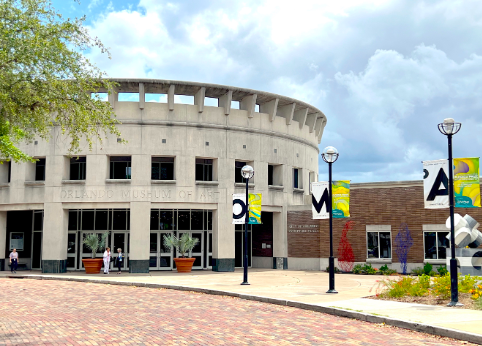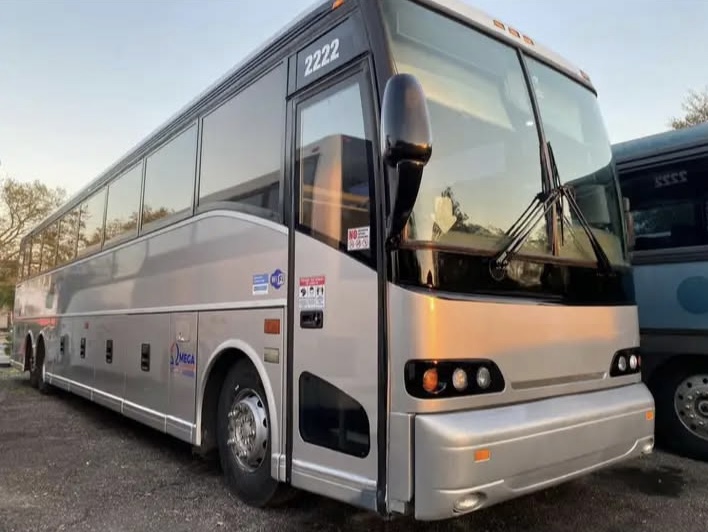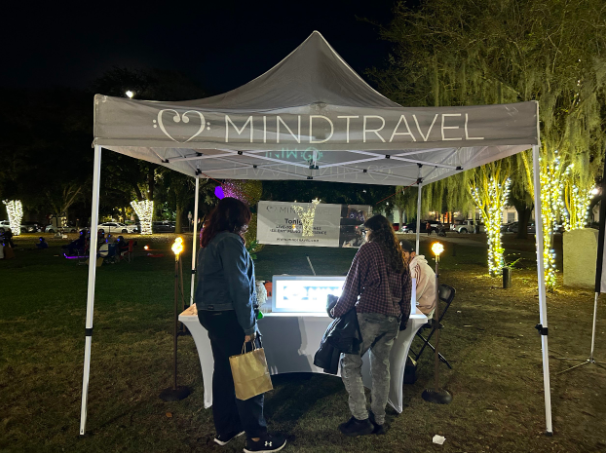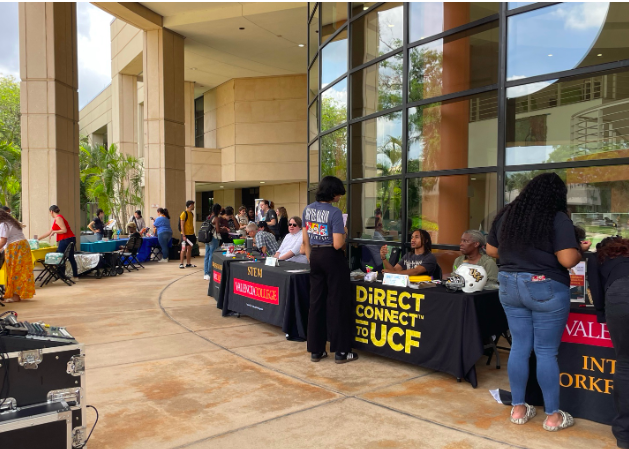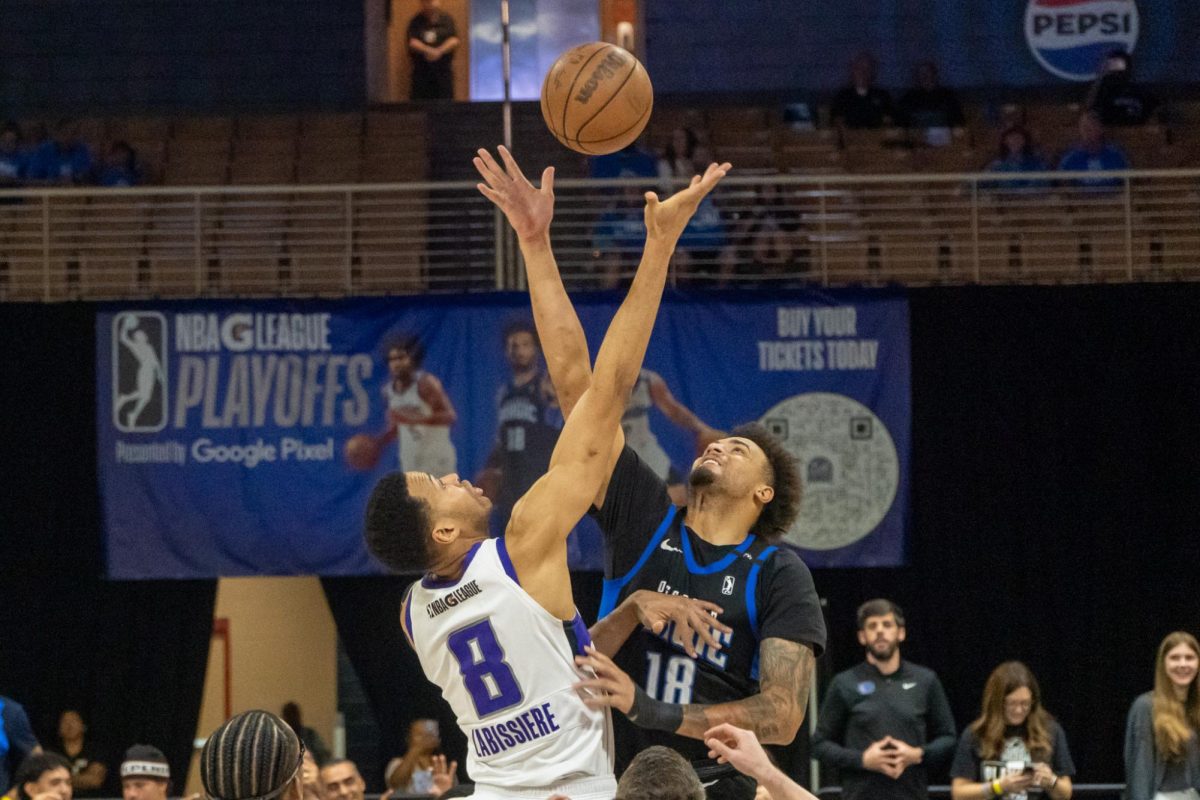The bill to approve recreational cannabis originally proposed on February 28th by Florida Representatives Michael Grieco (D) and Carlos Guillermo Smith (D) last month died without a discussion or vote.
The proposal would have authorized citizens over the age of 21 to engage in marijuana consumption, possession, and transport in limited amounts and required establishments a license to sell it.
“It’s no surprise the Republican-controlled legislature does not want to legalize adult-use cannabis, they didn’t want medical cannabis either, but 71 percent voters disagreed,” said Smith, the representative for Florida’s 49th district.
Both sponsors of the bill had previously condemned the criminalization of cannabis, saying that the number of people incarcerated in Florida because of possession is not a good use of law enforcement resources.
In 2017, the largest number of arrests in the country were made due to drug possession; marijuana was the second leading drug on the report from the Federal Bureau of Investigation.
In Florida, 42,153 people were arrested on misdemeanor pot charges in that same year, according to the Miami New Times.
“We do not live in a perfect world; people are going to use cannabis whether it is legal or not. If we regulate cannabis the same way we regulate alcohol, the government can have more control and use it as tax revenue to fund schools, healthcare, transportation, and infrastructure,” Smith said.
Smith also said that the prohibition of marijuana is not any better than the prohibition of alcohol. “It is easier for young people to get access to cannabis than alcohol, so a way to keep marijuana away from young people is regulating it,” he said.
In 2018, a poll conducted by the University of North Florida showed that 62 percent of Florida registered voters either strongly or somewhat support legalizing and regulating recreational marijuana.
Despite the challenge marijuana reform may receive in the future, supporters of its legalization remain hopeful. “Eventually, the Florida voters will overrule the legislature, unless [the legislature] succeeds at making it harder for voters to approve citizen-led amendments, as they are trying to do with HJR 57 [a bill that raises the percentage required for approval for constitutional amendments from 60 percent to 66 percent],” Smith added.




